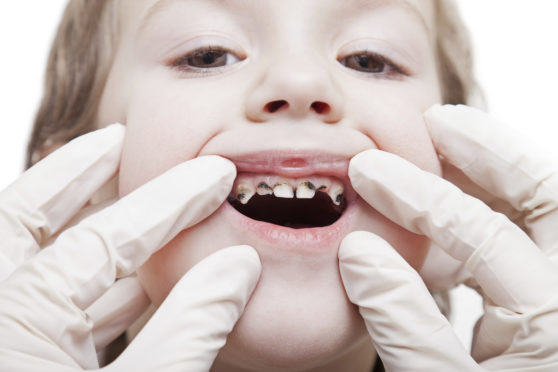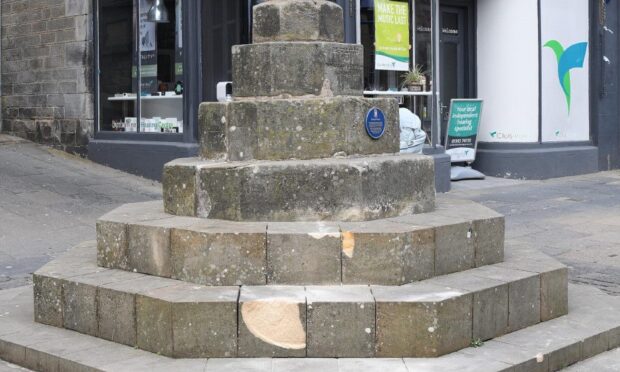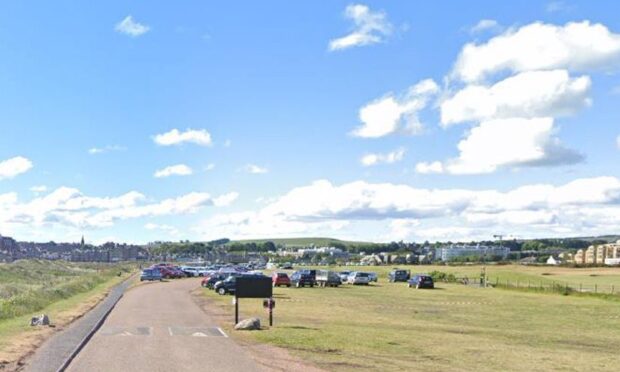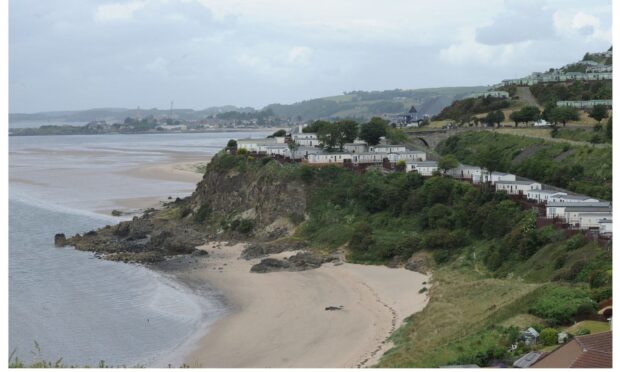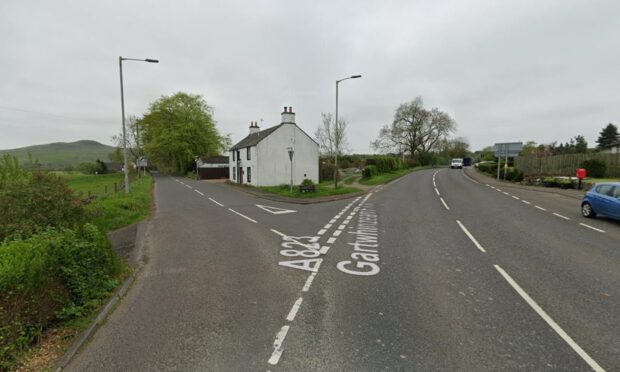Around a third of Fife children still suffer from tooth decay despite targeted action to tackle the problem.
In 2017, 834 dental procedures were carried out under general anaesthetic on the region’s children.
While the numbers experiencing decay have fallen significantly since the introduction of the Childsmile programme in 2006, health experts have acknowledged there is still scope for improvement.
Further work will now be done to target youngsters living in the most deprived circumstances in a bid to further reduce the numbers affected.
Tooth decay and gum disease are two of the most common diseases in the world, with more deprived populations suffering the most.
Across Scotland, dental extractions are the most common reason for elective admission to hospital for children.
Fife was one of the first areas in Scotland to launch Childsmile, aimed at improving oral health in response to high rates of dental decay among youngsters.
The programme provides daily, supervised tooth-brushing in primary schools in disadvantaged areas and in all nurseries.
It also provides twice-yearly fluoride varnish applications in targeted areas and supports families to access dental services.
Fife’s director of public health, Dona Milne, said the number of primary one children with obviously decayed, missing and filled teeth had more than halved since 1987 and there were far fewer general anaesthetic procedures.
She added however: “Despite the data showing encouraging results there is scope for significant improvement.
“Preventative programmes need to be maintained to continue to reduce levels of disease and stop disease before it occurs.
“At least 30% of Fife children suffer from a preventable disease and therefore significant work targeting those in the most deprived circumstances is required.”
Earlier this year, the Scottish Government released figures showing 93% of children living in Fife’s poorest communities were registered with a dentist, the best sign-up rate in Scotland.
The kingdom still has 1,248 young people in the bottom fifth of the deprivation index slipping through the net.
In her annual report, Ms Milne said continued collaborative work between organisations was important to reduce inequalities across Fife and strengthen support for families and communities.
